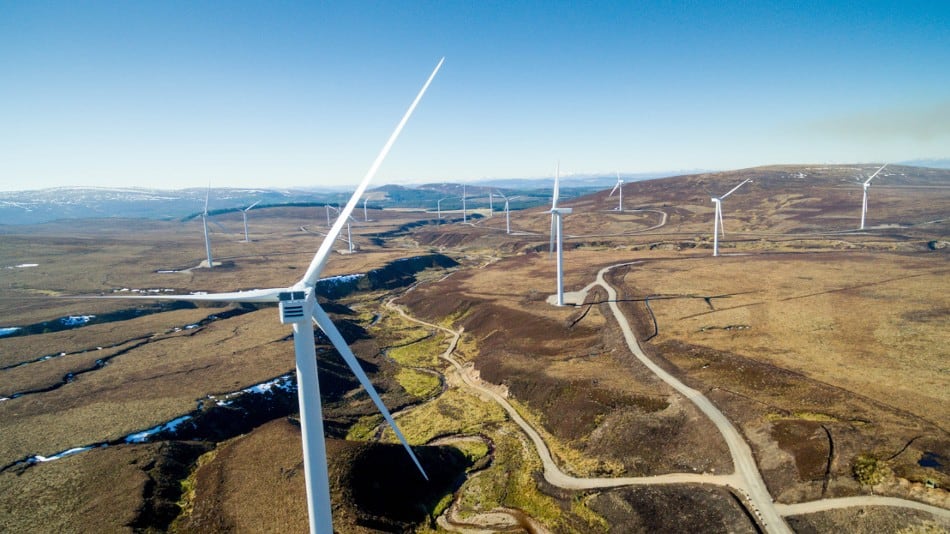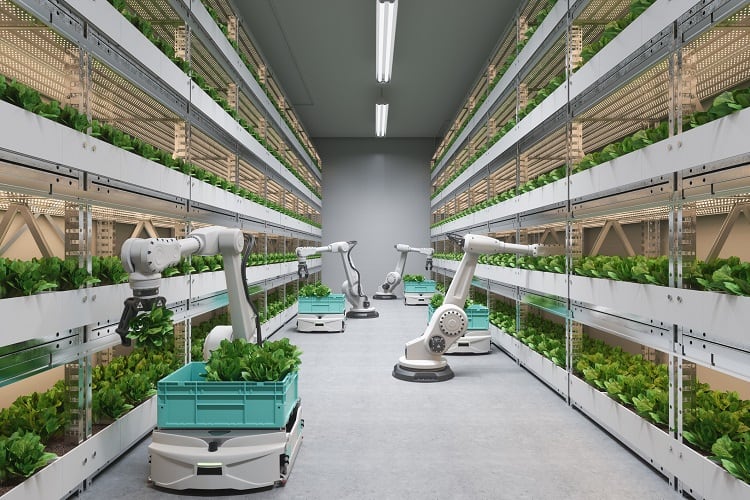The US snacks and pet food group has published an open-source action plan – its Net Zero Roadmap – to accelerate action toward achieving Net Zero emissions. Described as a ‘Shareholder Objective’, Mars said it is investing $1bn over the next three years to drive climate action - from farm to table and pet food bowl, supply chain to store, and home to veterinary clinics.
The Mars Net Zero Roadmap includes a new target reviewed by the Science Based Targets Initiative to cut emissions by 50% by 2030, from a 2015 baseline, with a pathway to Net Zero by 2050.
Poul Weihrauch, Mars CEO said: “2050 can seem to be in the distant future, but the progress we make in the next seven years is critical. My generation of CEOs has the ability and responsibility to deliver actual emission reductions and put business on a clear path to Net Zero by 2050.
“That’s why Mars is committed to delivering a 50% reduction in GHG by 2030. We cannot wait for the economy to improve; we must push forward with investments that protect our business today and in the future. As I have said before, profit and purpose are not enemies. Investment in climate is not a trade-off between planet and productivity, or between environment and employment. Consumers and our Associates clearly want both – and so do we. Investing in emissions reductions is sound business policy, it is achievable, affordable, and it is absolutely necessary.”
The company peaked emissions in 2018, and has reduced GHGs [Greenhouse Gases] in absolute terms by 8% or 2.6 million metric tons against a 2015 baseline, while growing the business 60% during that time.
Christiaan Prins, owner of the LOOP Communications, told ConfectioneryNews: “Mars' Net Zero Roadmap is showing great leadership, raising the bar for companies to support solving societal issues such as climate change. In order to achieve its ambitious commitment Mars would greatly benefit from policy intervention, be it to further the availability of renewable energy, the EU deforestation regulation, or policies to further climate smart agriculture.
"To support progress and impact, companies should stop trying to change supply chains all by themselves and consider where they require public support. For the corporate sector it is not only a question of doing more, it is foremost a question of doing it differently.”
Sustainable future
As part of the action plan, Mars said it will invest over $1 billion over the next three years and continue to commit financial resources as needed until Net Zero is achieved. From the farms where food is grown for people and pets to the veterinary clinics where our pets are cared for, Mars is taking immediate action to reduce GHG emissions across its businesses to help build a better, more sustainable future for all. Net Zero refers to a state when greenhouse gases are significantly reduced while ensuring that any other emissions that can’t be eliminated are balanced by removals, it said in a statement.
Barry Parkin, Mars Chief Sustainability and Procurement Officer, said: “Mars has always followed science, and science says we must cut our emissions across our full value chain by 50% by 2030. Science points us to five fundamentals that Net Zero roadmaps should consider to deliver real impact, for example that there is no place for exclusions or exceptions and that we must prioritize performance over promises. In preparing our roadmap, we’ve learned that this is both entirely possible to deliver with existing science and technology as well as entirely affordable.
"We can both grow our business and cut emissions. I hope our roadmap clearly and powerfully demonstrates what Mars is doing and, critically, what we believe needs to happen at scale to help tackle the worst impacts of climate change.”
The roadmap comes after recent findings by the UN-backed Intergovernmental Panel on Climate Change (IPCC) that it is “now or never” to take drastic action on climate change to avoid “disaster.”
It comes as a major new Ipsos survey, commissioned by Mars and published on its website, found that despite current difficult economic circumstances, on average 69% of adults across the world’s seven largest economies think businesses should focus the same amount (32%) or more (37%) on tackling climate change rather than economic challenges. The research involved 14,468 people in the USA, UK, China, Japan, Germany, France, and India.
The survey also found that nearly half in the world's seven largest economies place “a great deal” of responsibility on multinational businesses and governments to make changes to address climate change.
Weihrauch added: “Companies must be judged – Mars included – on the actual results we deliver against our climate plans, not just the scale of the commitment we make – just as we are judged by our boards and investors on the delivery of financial results, not the quality of our financial forecasts.”




